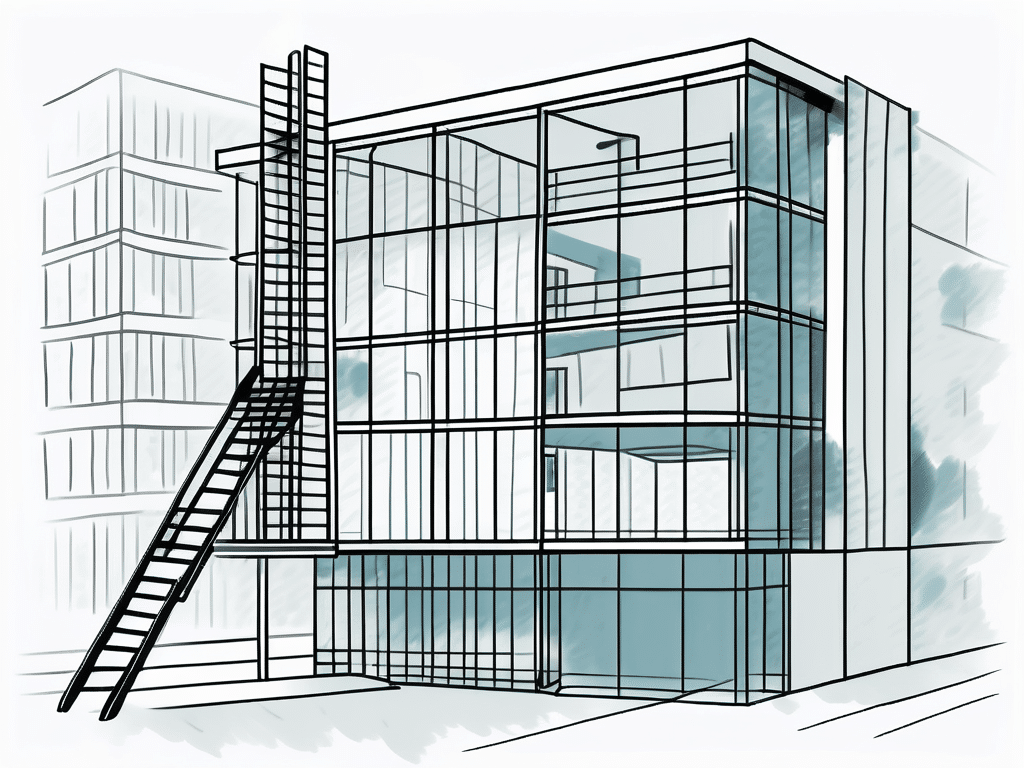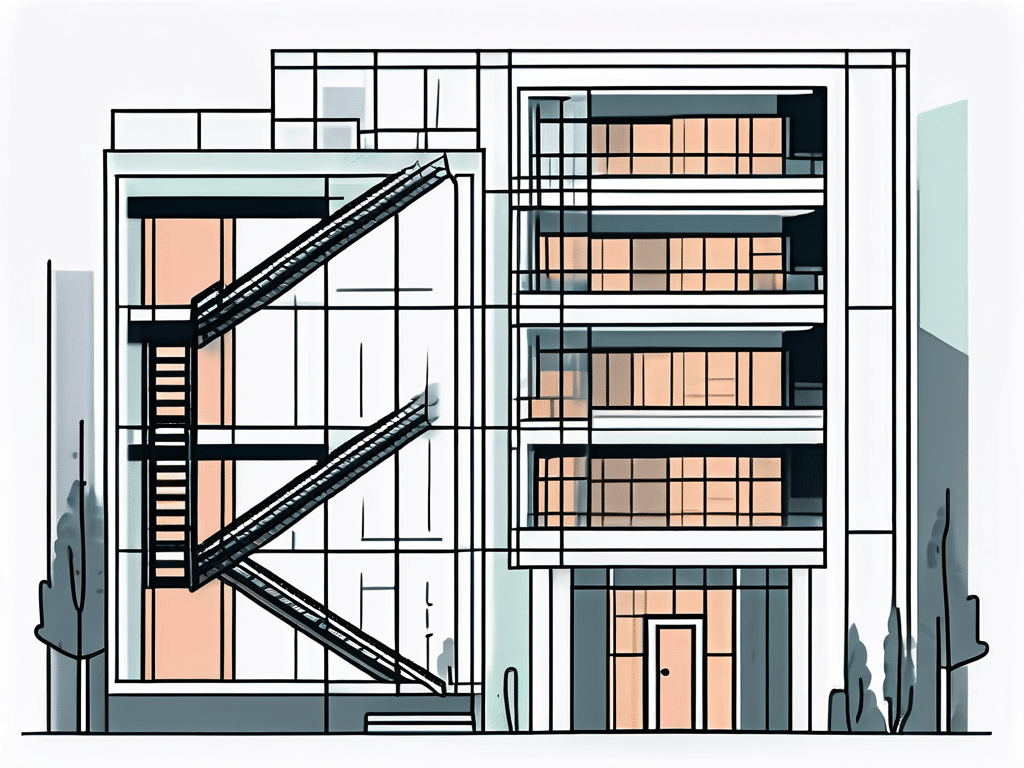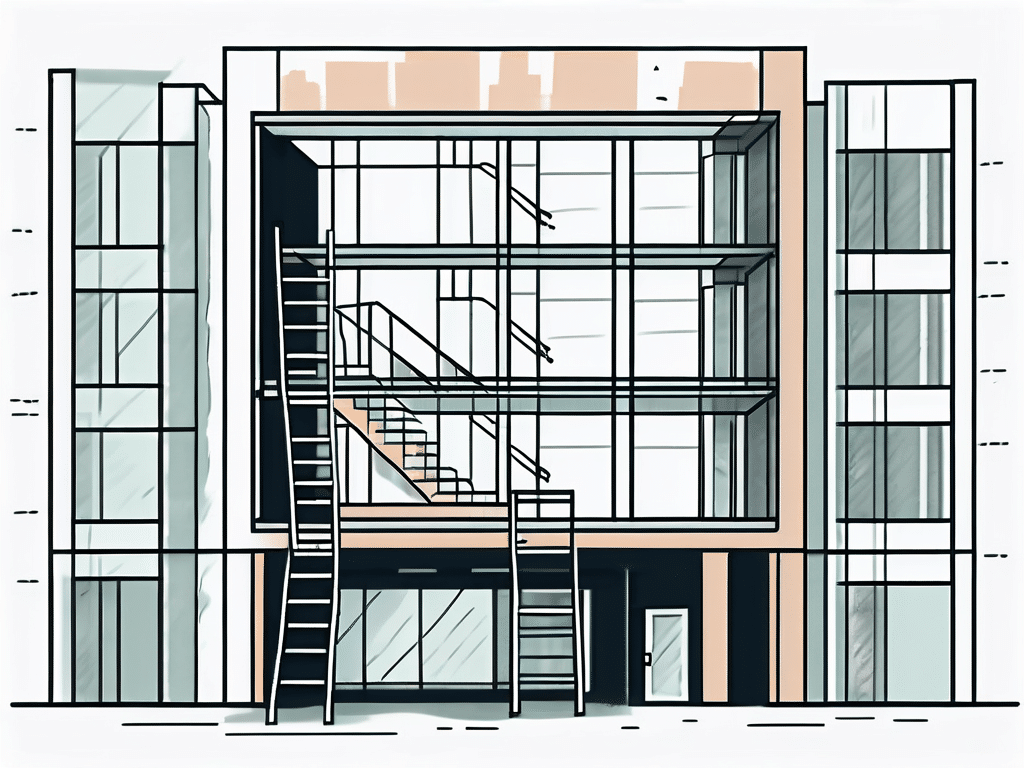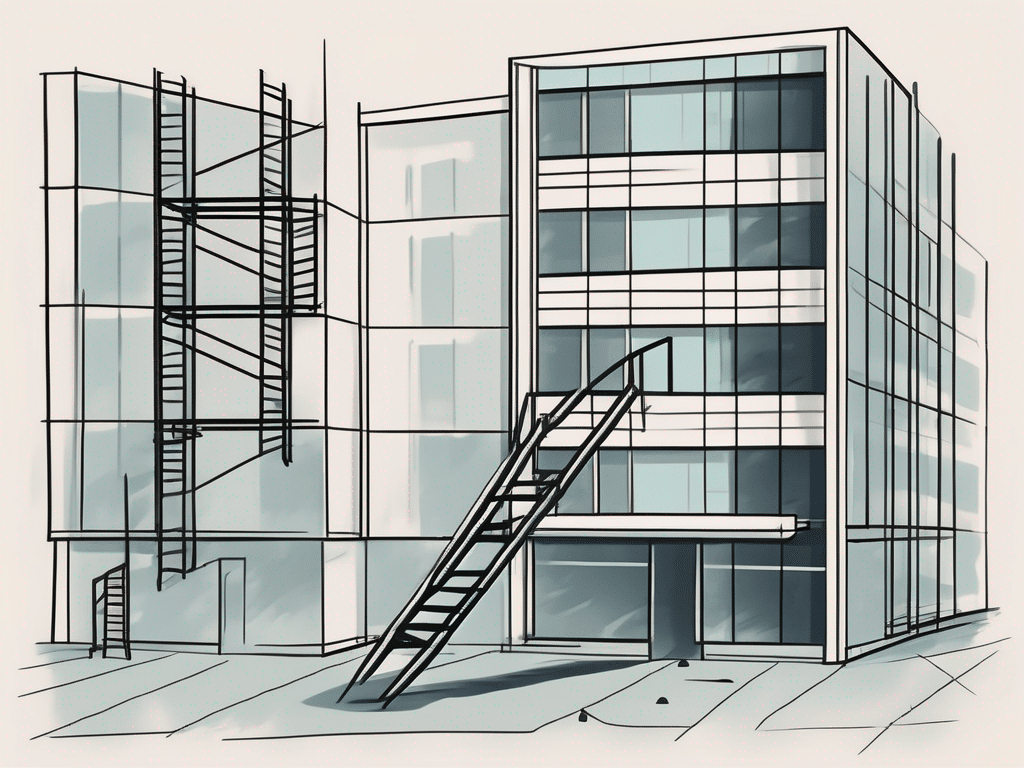Running a business can be both exciting and challenging. One aspect that can often be overlooked or misunderstood by business owners is the commercial lease. A well-negotiated and properly understood lease can be the foundation for a successful business venture. However, there are common pitfalls that business owners should be aware of to avoid potential financial and legal issues. In this guide, we will explore the key terms and conditions found in commercial leases, the importance of thoroughly reading and understanding your lease, common pitfalls to watch out for, tips for negotiating a lease, legal considerations, and how to protect your business interests.
Understanding Commercial Leases
Before delving into the potential pitfalls, it’s important to have a clear understanding of what a commercial lease entails. Commercial leases are legal agreements between a landlord and a business owner, granting the business owner the right to use a specific property for commercial purposes. These leases often come with specific terms and conditions that both parties must adhere to.

When entering into a commercial lease agreement, it is essential to consider not only the physical space being leased but also the legal implications of the contract. Commercial leases can vary significantly in their terms and complexity, so it’s crucial to have a solid grasp of the agreement before committing to it. Understanding the nuances of the lease can help prevent misunderstandings and disputes in the future.
Key Terms and Conditions in Commercial Leases
Commercial leases can include various terms and conditions that govern the rights and responsibilities of both the landlord and the tenant. Some key terms to pay attention to include the duration of the lease, rent payments, maintenance and repair responsibilities, and any restrictions on the use of the property. It is crucial to carefully review and understand these terms before signing the lease to avoid any surprises down the line.
Additionally, commercial leases may contain clauses related to rent escalation, subleasing options, improvements to the property, and dispute resolution mechanisms. These clauses can have a significant impact on the overall cost and flexibility of the lease, making it essential for both parties to negotiate and agree upon these terms upfront.
Importance of Reading and Understanding Your Lease
It might be tempting to simply skim through the lease and sign on the dotted line, but this can be a costly mistake. Reading and understanding your lease is crucial to ensure that you are aware of your obligations and rights as a tenant. It can help you identify any potential issues or hidden costs that might arise during the lease term. Taking the time to thoroughly review the lease can save you from potential headaches and financial difficulties in the future.
Moreover, seeking legal advice before signing a commercial lease can provide you with valuable insights and ensure that your interests are protected. An experienced attorney can help you navigate the complexities of the lease agreement and negotiate favorable terms on your behalf, giving you peace of mind as you enter into the commercial rental market.
Common Pitfalls in Commercial Leases
Now that we have a basic understanding of commercial leases, let’s explore some common pitfalls that business owners should be wary of.

Hidden Costs in Commercial Leases
One common pitfall is the existence of hidden costs within the lease. These costs can include maintenance and repair expenses, utility fees, property taxes, and insurance premiums. It is essential to carefully review the lease and identify any additional costs beyond the monthly rent. Understanding these costs upfront can help you budget effectively and avoid any unexpected financial burdens.
Moreover, it’s crucial to inquire about any potential future cost increases that may arise during the lease term. For instance, property taxes or insurance premiums may escalate annually, impacting your overall expenses. Being aware of these possibilities can assist you in planning for potential financial adjustments and avoiding surprises down the line.
Restrictive Lease Terms
Some leases may contain restrictive terms that can limit your business’s flexibility and growth. For example, there may be clauses that restrict certain activities, prohibit alterations to the property, or even prevent you from subleasing the space. It is important to carefully consider these terms and negotiate for more favorable terms if necessary.
Additionally, understanding the implications of these restrictive terms on your day-to-day operations is vital. For instance, if your business model requires frequent renovations or modifications to the space, a lease that prohibits alterations could hinder your ability to adapt and thrive. By addressing these concerns proactively, you can ensure that the lease terms align with your business objectives and operational needs.
Neglecting Lease Renewal Terms
Business owners often focus on the initial lease term but forget about the lease renewal terms. Failing to negotiate favorable renewal terms can result in unexpected rent increases or a loss of the right to renew the lease altogether. It is important to plan ahead and negotiate renewal terms that align with your business’s long-term goals.
Furthermore, overlooking the potential impact of market fluctuations on lease renewal terms can pose a significant risk. In a competitive real estate market, landlords may seek to capitalize on increased property values by proposing substantial rent hikes upon lease renewal. By staying informed about market trends and engaging in proactive discussions with your landlord, you can better position your business to navigate potential rent adjustments and secure favorable renewal conditions.
Negotiating a Commercial Lease
When it comes to negotiating a commercial lease, seeking the help of a commercial real estate broker can be invaluable.

Commercial leases can be complex and filled with legal jargon that may be difficult to navigate on your own. A commercial real estate broker can act as a mediator between you and the landlord, helping to clarify any confusing terms and ensuring that you fully understand the implications of the lease agreement.
The Role of a Commercial Real Estate Broker
A commercial real estate broker can provide expert guidance throughout the lease negotiation process. They have extensive knowledge of the market, lease terms, and can help you find the most suitable property for your business. Their expertise can ensure that you secure a lease that meets your business’s needs and protects your interests.
Additionally, a commercial real estate broker can leverage their network and industry connections to potentially negotiate better lease terms on your behalf. This can include securing lower rent, negotiating tenant improvement allowances, or even obtaining lease incentives such as rent abatement.
Tips for Successful Lease Negotiation
Here are some tips to keep in mind when negotiating a commercial lease:
- Be prepared: Before entering into lease negotiations, thoroughly research the market and understand your needs and budget.
- Seek multiple options: Look at several available properties to have a better understanding of the market and make an informed decision.
- Negotiate favorable terms: Negotiation is key. Don’t be afraid to ask for favorable lease terms that align with your business’s needs and goals.
- Review with legal counsel: Have a legal professional review the lease agreement to ensure it protects your interests and complies with relevant laws.
Remember, a well-negotiated lease can set the foundation for a successful and harmonious landlord-tenant relationship, so it’s essential to approach the negotiation process with diligence and care.
Legal Considerations in Commercial Leases
Understanding your legal obligations as a tenant is crucial to avoid potential legal disputes.
When entering into a commercial lease agreement, it is essential to thoroughly review and understand the terms and conditions outlined in the contract. These agreements typically cover various aspects such as rent payment schedules, lease duration, and any additional costs or fees. It is important to pay close attention to any clauses related to lease renewal options, subleasing permissions, and property alterations to prevent misunderstandings in the future.
Understanding Your Legal Obligations
Most commercial leases come with legal obligations that tenants must adhere to. These can include maintenance and repair responsibilities, compliance with zoning regulations, and adherence to safety codes. Familiarize yourself with these obligations to ensure you are in compliance and avoid facing legal consequences.
Furthermore, it is crucial to understand the implications of defaulting on lease obligations, as this could lead to legal action being taken against you. By staying informed and proactive in meeting your responsibilities, you can maintain a positive relationship with your landlord and protect your business interests.
When to Consult a Legal Professional
In some cases, it is advisable to consult a legal professional, especially when dealing with complex lease terms or if you have specific legal concerns. An experienced attorney can provide guidance, review the lease agreement, and ensure that your rights are protected throughout the lease term.
Legal professionals can also assist in negotiating lease terms that are more favorable to you as a tenant. They can help clarify any ambiguous language in the contract and make sure that you fully understand the implications of each provision. Seeking legal guidance can offer you peace of mind and help you navigate the complexities of commercial lease agreements with confidence.
Protecting Your Business Interests
With a solid understanding of commercial leases and their potential pitfalls, it’s crucial to take steps to protect your business interests.
Ensuring Your Lease Aligns with Your Business Goals
Before signing a lease, carefully evaluate how well it aligns with your business goals. Consider factors such as the location, space requirements, lease term, and options for future expansion. Ensure that the lease supports your business’s long-term growth and success.
Planning for the Future: Lease Flexibility and Your Business
Flexibility is key when it comes to commercial leases. Anticipating potential changes to your business and negotiating for flexibility within the lease can save you from potential hardships in the future. Consider including provisions for early termination, subleasing, or space expansion, depending on your business’s needs.
By being aware of the key terms and conditions in commercial leases, thoroughly reading and understanding your lease, avoiding common pitfalls, negotiating effectively, understanding your legal obligations, and protecting your business interests, you can navigate the world of commercial leases with confidence. Remember, seeking the assistance of experts, such as commercial real estate brokers and legal professionals, can provide invaluable support throughout the process. With careful planning and consideration, you can set the stage for a successful and thriving business venture


